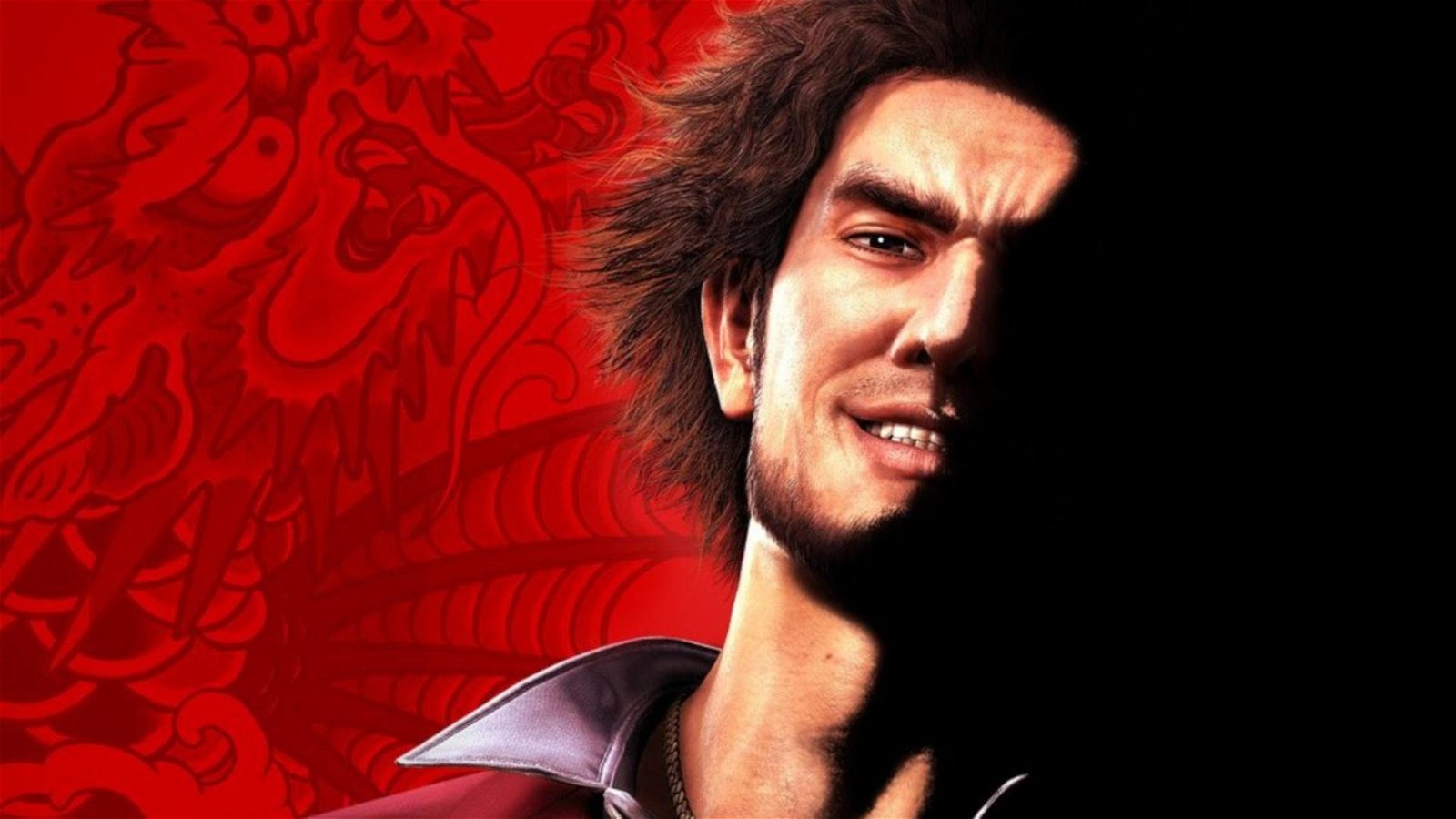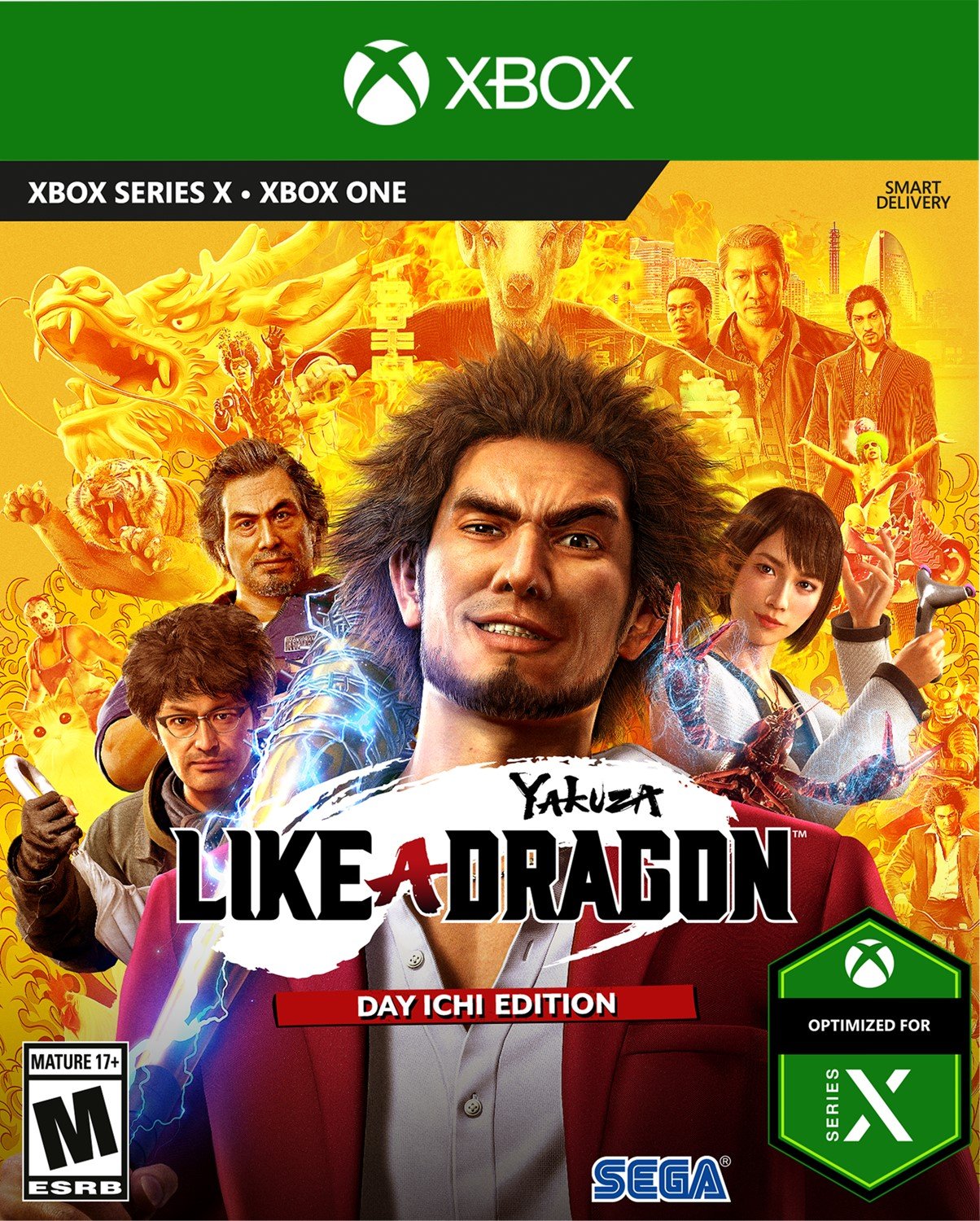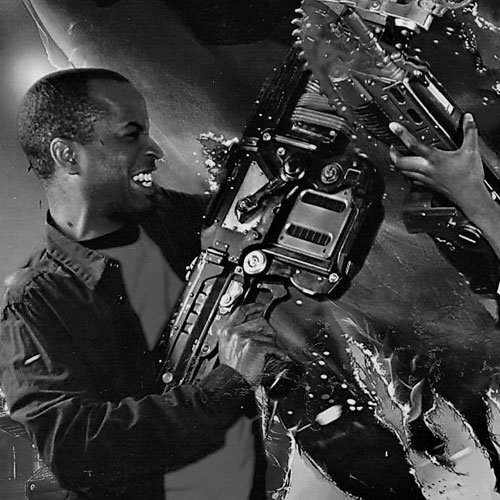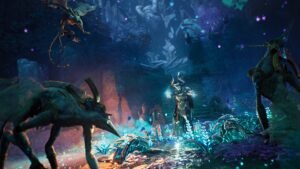Yakuza: Like A Dragon, the seventh mainline entry in Sega’s long-running 3D-brawler/action-adventure series may not be out on local store shelves yet, but it is already destined to go down in videogame history for heralding in a handful of significant firsts for the franchise. For starters, it will be the first Yakuza game that publisher Sega has ever launched alongside the debut of a new Xbox console in North America, and the Japanese game publisher company is choosing to do so rather boldly, with both Microsoft and Sega promoting the cross-generation title as a next-gen Xbox Series X/S console launch timed-exclusive. Yakuza: Like A Dragon is also the first mainline game in the series not to star franchise stalwart Kazuma Kiryu as its protagonist, which while potentially exciting is also certain to upset some fans. Finally, Like a Dragon is the first core Yakuza title that dares to make fundamental changes to the franchise’s tried-and-true gameplay design, swapping out its frenetic, button-combo/QTE-based brawling system and wholly replacing it with a new turn-based RPG combat system not unlike those found in more traditional Japanese role-playing games like Dragon Quest. With the franchise’s popularity in the West having risen exponentially in recent years and more of its games available on more platforms than ever before, developer Ryu Ga Gotoku Studio is making a huge gamble on the future of the franchise with this latest move. Even as a seasoned Yakuza fan who’s first to admit that many of the franchises conventions and tropes have grown long in the tooth despite its popularity, I too found myself rather apprehensive to the idea when it was first announced.
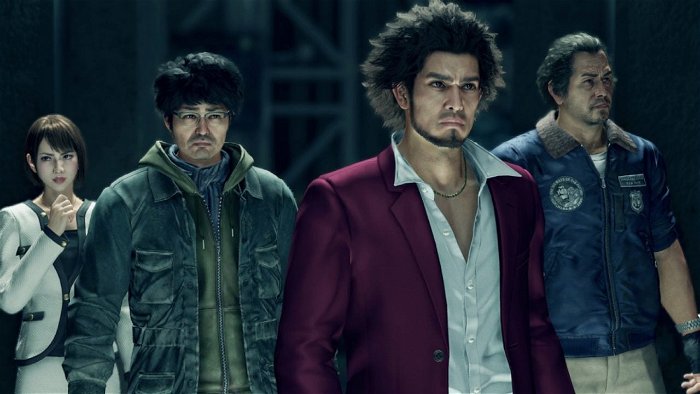
Now that I’ve been able to play the game however, it turns out I needn’t have worried.
Right off the bat, the introduction of new protagonist Ichiban Kasuga and the game’s new setting, the fictional Yokohama District of Isezaki Ijincho are two welcome breaths of fresh air that that the franchise has been in need of for some time now. Now don’t go thinking for a second that this means we’ve seen the last of the perpetually scowling Kazuma Kiryu or his old stomping grounds of Kamurocho, but moving the series’ focus to a new Japanese city and a fresh new face for its hero has afforded the Ryu Ga Gotoku team the freedom to leave a signficant amount of the series’ political baggage behind (namely the intricate machinations of the decades-old turf war between the Tojo Clan and the Omi Alliance), allowing them to craft a story that’s more welcoming to newcomers. While it’s inevitable that references to the Tojo, Omi, Kamurocho will come up over the course of Like A Dragon’s story, players aren’t expected to have any previous knowledge of the prior games and all that they need to know is explained as the narrative gradually unfolds, so they can enjoy the story without being weighed down.
Speaking of being unburdened, let’s talk about Ichiban. As a low-level Yakuza grunt who dutifully serves an 18-year prison at the request of his boss only to inexplicably be betrayed, shot and left for dead at the hands of that same patriarch when he gets out, Ichiban Kasuga would seem to be the last person you’d peg as as an optimist. But Ichiban isn’t your average protag. The fires of adversity that would have crushed a normal ex-Yakuza or driven him down a bloody path of vengeance have instead forged within Ichiban an unwavering commitment to becoming a “Legendary Hero”, just like the central characters in the Dragon Quest RPGs that he used to play in his youth. A side-effect of his wild imagination is that he sees street fights as turn-based RPG battles and the enemies he encounters as demons and the like, hence the game’s RPG conceit when in combat. Of course, even a Legendary Hero can’t expect go it alone, which is where Ichiban’s supporting cast comes in. Over the course of his quest to uncover the truth behind his prison sentence and the subsequent betrayal by his patriarch, Ichiban’s path inevitably crosses with those of the homeless ex-nurse Yu Namba, former Police Detective Koichi Adachi, and hostess Saeko Mukoda, a trio of fellow outcasts that will make up the core of Ichiban’s adventuring party and ultimately become his closest friends.

More on how those friendships factor into gameplay shortly, but first it can’t be overstated just how charming and surprising Like A Dragon’s story is. If I could give it an alternative subtitle, it would be “The Misfits of Yokohama”, as the game’s thematic focus on the lives of the downtrodden, forgotten and disenfranchised in modern Japanese society is executed with a level of finesse I’m not used to seeing in a Yakuza game. It also occasionally dares to go to some very dark places despite the game’s overall light-hearted tone, and purports to teach non-Japanese players a thing or two about that country’s social issues, though it stops short of endorsing a particular agenda. What’s also refreshing is that Ichiban’s bizarre desire to do good is driven not by the black and white heroics of his Dragon Quest games but instead a deeper, unflinching ideal of what he believes a true Yakuza should be, which often leads to some shocking dialogue moments where Ichiban’s enthusiastic decisions put him at temporary odds with his friends and run completely counter to player expectations. In this way he is completely unlike Kazuma Kiryu and I love it.
Despite its new RPG leanings, Like A Dragon’s gameplay still follows the immersive, open-world, third-person perspective that has long been a staple of the Yakuza franchise, so players familiar with these types of games and series veterans alike won’t have any trouble navigating and exploring the new district of Isezaki Ijincho. Much like in the series’ previous entry, Yakuza: Kiwami 2, players can now enter most stores simply by walking through the front door, knock over obstacles like bicycles or pedestrians by running into or through them, and even vault over those pesky sidewalk barriers in order to jaywalk across Ijincho’s streets like an ignorant Westerner. Be careful though; along with Yokohama’s wider roads and intersections comes fully functioning vehicle traffic that can seriously injure Ichiban should he carelessly dash in front of a car at the wrong time, just like in real life. As with the previous game, random fights can take place almost anywyhere on the street and can sometimes be avoided if players are able to find another route, a strategy that Ijincho’s spacious roads and narrow side streets lend themselves well to. Naturally, just like in an old-school RPG, friends of Ichiban who are present in the party appear alonside him at just about all times, which can be quite entertaining when they audibly grumble about how hungry they are or knock over innocent pedestrians as they sprint to catch up with our hurried hero.
Once a fight starts however, the game kicks into full RPG battle mode, with player characters and enemies circling one another and taking turns to attack and/or execute support actions. While players do not have direct control over Ichiban and his allies in terms of actual movement during the pre-attack phase, before committing to an action patient players can wait until the pacing character in question is lined up with an enemy or group of enemies in such a way that they can maximize the effectiveness of that action. This is especially crucial for AOE attacks that can harm or affect more than one target. Meanwhile, If weapons, moveable objects or vehicles are nearby a player character or enemy along the path of their attack, there’s a chance that the attacking character will pick up that item and strike their target with it instead of peforming a regular attack, or will kick that object towards the target as an opening assault before following up with an even stronger attack. Also, even if the player has not put a character into a defensive stance, damage inflicted on that character by an enemy can be significantly reduced by tapping the B button at the moment each blow from an attack makes impact, which is called a “Perfect Block”. So even in the most rudimentary of fights, players still have good reason to pay attention to enemy attacks and remain constantly aware of character positioning in relation to both enemies and the environment.
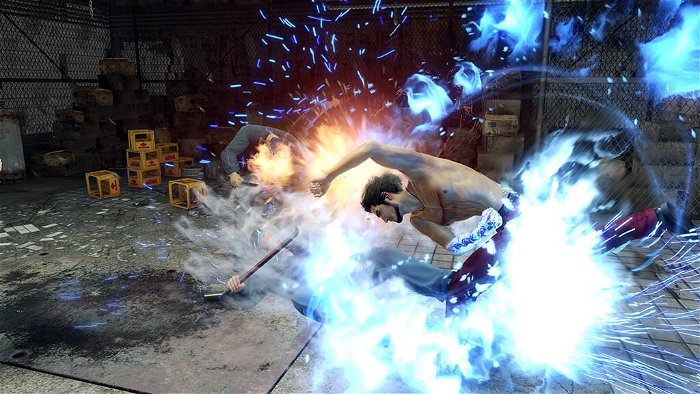
The “Job” system, a specialized character class system not so subtly lifted from other JRPG franchises like Final Fantasy, adds yet another layer to Like A Dragon’s combat. As Ichiban and his allies level up, they will unlock Job classes that will in-turn unlock new skills and flashy special attacks themed after those professions that they can use to crush their enemies. Many of the attacks require precisely-timed taps of the Y button or mashing on the X button to do maximum damage, making them reminiscent of the Spirit Art attacks present in every Yakuza game, except that they’re much more wacky and fun, far easier to execute under pressure and don’t require complicated conditions to be successfully performed. Later in the game, players also unlock the ability to call in allies-for-hire called “Poundmates” (this game’s equivalent to Summons from other JRPGs) to perform all-powerful attacks that can tip the scales in the heroes’ favor, and once Ichiban’s roster of friends inevitably exceeds the maximum active party of four (because he’s never done making friends you know), players can tag in or swap out any of the three supporting characters when needed.
Getting back to friendships, a key part of unlocking new Job Skills as well as character boosts and support actions in battle is forming meaningful bonds between Ichiban and his fellow party members. By engaging in conversations with an ally when prompted during exploration, players gradually fill a “Bond Meter” which when full unlocks a “Drink Link” for the ally in question. A Drink Link presents an opportunity for Ichiban to further socialize with that character over drinks at the group’s local bar hangout. Depending on where the conversation leads, the character may open up to Ichiban, deepening their bond and unlocking important bonuses in battle, such as automatically rushing in to deliver a follow-up attack to an enemy Ichiban or another ally has just downed. Ichiban can also unlock new abilities and skills (not to mention earn items and make money) by completing side-quests, and can level up aspects of his personality by choosing whether or not to demonstrate kindness to strangers when they request favors of him, reading random books that he finds, or attending a local vocational school where he can pay to take quizzes and earn aptitude certificates, which will unlock more Job skills.
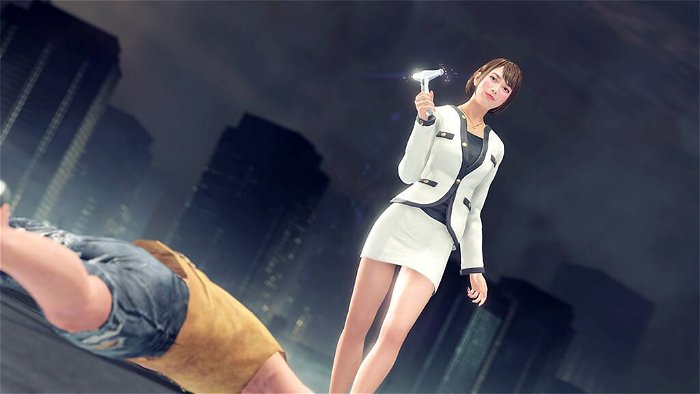
Overall, Yakuza: Like A Dragon is such a refined entry in the franchise that it was difficult to find issues to take fault with, other than those that the series is already infamous for, namely its lengthy and abundant cutscenes that in one mission alone can jump multiple times between fully voice-acted in-engine sequences of both A-Grade (high) and B-grade (mid-range) animation quality, as well as far less visually ambitious C-Grade scenes where all the dialogue is replaced with text, audibly punctuated by the occasional one-syllable word to direct attention to the character on screen who’s actually speaking. Like A Dragon is the first game since the original Yakuza to feature an English voice cast, and their collective work on this game is quite excellent, making sitting through said cutscenes much less of a slog than in previous games where Japanese voices with subtitles were the only option, as less of the player’s energy needs to be spent reading. But with so many unvoiced C-grade scenes littered throughout the game (accounting for what feels like 40-50% of the game’s dialogue), it would be a real stretch to say that the game was “fully English voiced”. What’s even stranger is that during the unvoiced scenes, battle scenes and even basic encounters with NPCs in the game world, principal characters such as Ichiban and his party will speak in English or grunt one-syllable words in English, but just about every other non-principal character will speak or grunt in Japanese. The result is a lot of repetitive Japanese and English words getting tossed back and forth between characters that should all be speaking the same language, which breaks the immersion a bit, but it’s hardly a deal-breaker. And of course, while the English voice option is totally worth checking out, purists can always choose to play the game with Japanese audio and English subtitles instead. As far as visuals are concerned, the Xbox One X version of Like A Dragon doesn’t really push the envelope further than its predecessors Yakuza 0, Yakuza: Kiwami and Yakuza: Kiwami 2 have already managed to do on the platform, but it’s still a head-turner.
Here’s the bottom line, Yakuza: Like a Dragon is the the perfect jumping-in point for newcomers to the Yakuza franchise who want to experience what all the fuss is about without all the baggage, but with Ichiban Kasuga as the fresh new face of the franchise, a genuinely entertaining story and surprisingly solid RPG battle mechanics as the game’s backbone, there’s a good deal here for series veterans like myself to discover and enjoy as well. No question I still want my traditional Yakuza beat-em up adventures, but if we could look forward to seeing another Yakuza JRPG of this game’s quality every other year or so, I would definitely be down.
